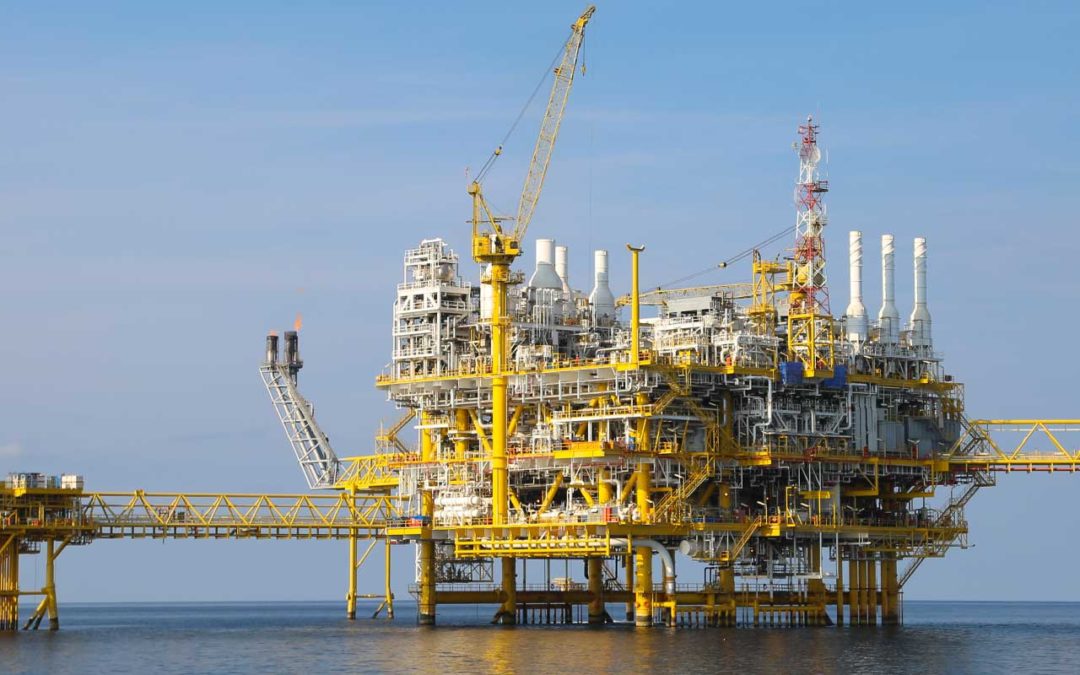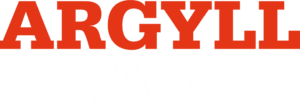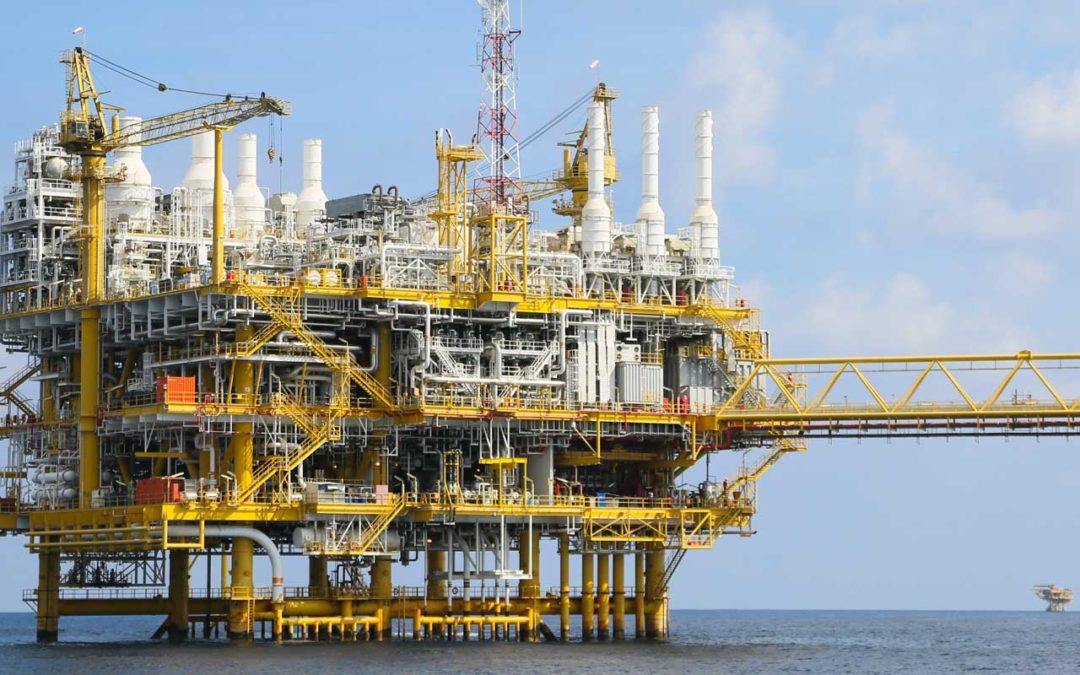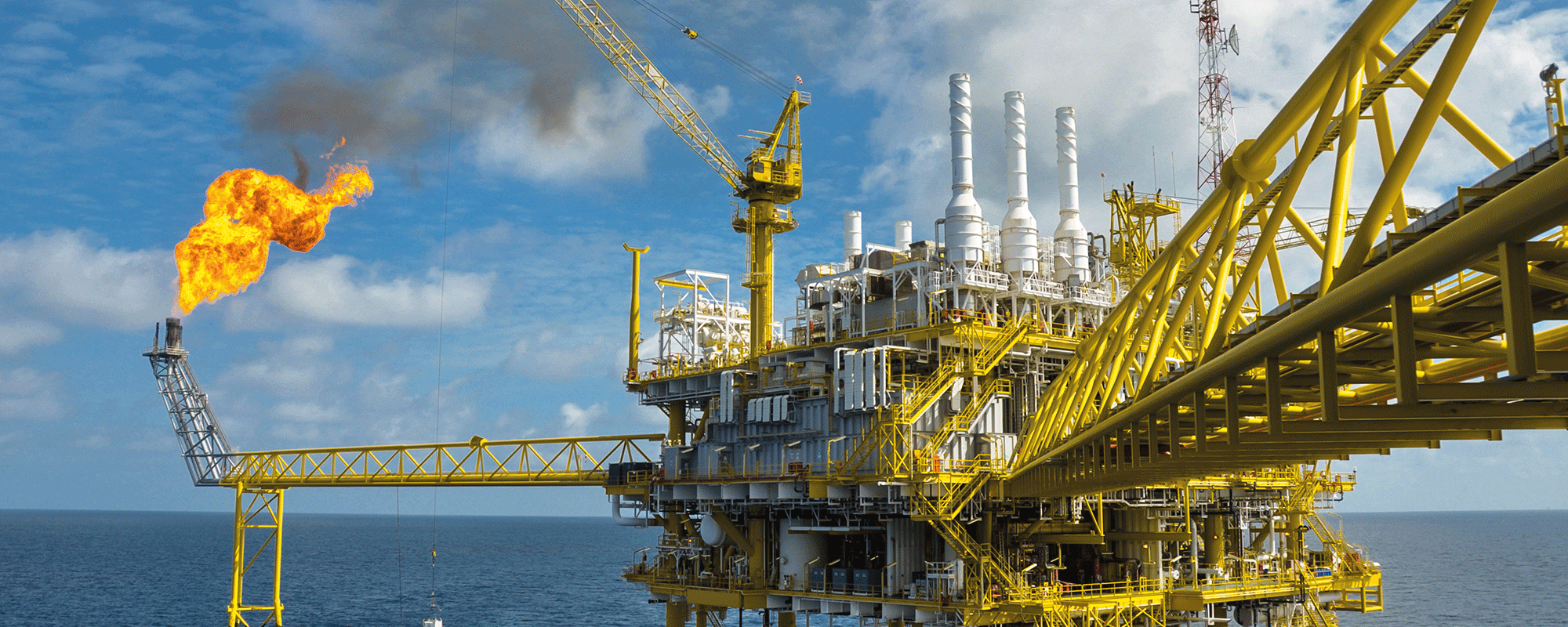The cart is empty!

Passive Fire Protection (PFP) Coating Inspector (Cementitious) Level 2 – Online
Passive Fire Protection (PFP) Coating Inspector (Cementitious) Level 2 – Online

Course Overview
Online course designed to assist candidates in gaining the skills and knowledge to transition from Coating Inspection to Passive Fire Protection (PFP) Coatings Inspection (Cementitious).
Accredited by the Institute of Corrosion (ICorr), this course is uniquely assembled via our online learning platform.
Content is a Level 2 standard that is designed to train and assess candidates on the inspection of modern types of Cementitious Passive Fire Protection as found on hydrocarbon installations. This includes fire protection of structural members, structures and associated pipework.
This course assumes all candidates hold an ICorr Painting or Protective Coating Inspector approval (any level) and therefore have some knowledge of inspection philosophy, surface preparation, anti-corrosion coatings and how to use common inspection instruments.
Course content
Developed by industry specialists, the content is segmented into 6 modules. With interactive elements and end-of-module assessments, the course accommodates various learning styles, fostering knowledge retention and effectively preparing you for the ICorr PFP Coatings Inspector (Cementitious) Level 2 examination.
Key topics covered include:
- Introduction: Types of fires and differences between, BLEVE, reasons PFP used
- Introduction to PFP: Requirements of PFP, types of PFP, physical properties of Cementitious and Epoxy Intumescent, typical C-PFP and characteristics
- PFP of Structures: Open and closed structures, Sector factor calculation, load bearing strength of steel
- Classification Society Type approval: Main society approval bodies, other recognised bodies worldwide, terminology used on PFP divisions
- Preparation and Retention Systems: Blast cleaning, preparation of surfaces, common retention systems and tests
- Priming: Priming systems used on steel and galvanised surfaces, typical primers and adhesions coat
- Terminations & coatbacks: How cementitious material is sealed, considerations for coatback
- Application methods & Storage: Storing material, environmental conditions, missing cementitious material, slump test, application, timing of coats and top coating
- Remedial & Repair work: Actions taken to repair work
- PFP Degradation: Issues that affect durability, failures associated with Severity levels 1-3 and other issues affecting degradation
- Inspection: Definition of inspection, duties, activities, manufacturers manual, documentation, pre-job meetings, activities before going on site, test instruments, inspection of surface preparation, ambient conditions to be measured, inspection of primer material and the application of primer, checks carried out to PFP and measuring WFT and DFT
- Reporting: Type of information included in a report and quality assurance process
- Examination: General, Specific and Practical exams
(Note: Mechanically fixed methods are not covered.)
Learn on our online platform
Online modules:
- Introduction to C-PFP
- C-PFP Material
- PFP Degradation
- C-PFP Inspection
- C-PFP Reporting
- Health & Safety
Why learn online?
- Our user-friendly online platform enables you to complete this course from anywhere in the world
- Learn in your own time, at your own pace
- View course content as many times as you like prior to examination
- Access to all training materials on the platform for up to 6 months.
- Less time out of work
- Save on accommodation costs
- Save on transport costs
Course pre-requisite
Candidates are required to:
1. Have a knowledge of inspection philosophy, surface preparation, anti-corrosion coatings and how to use common inspection instruments.
2. Hold an ICorr Protective Coatings Inspector (or equivalent) certificate and ideally hold a minimum of 12 months’ coatings related experience.
3. Submit their CV to ensure they have the required pre-requisite qualifications and experience.
4. Seek advice if hold less than 12 months’ coatings experience as they may still undertake the course and become certified once relevant experience has been obtained.
Qualification
The course is accredited by the Institute of Corrosion (ICorr). On successful completion of the course and relevant coatings related experience, candidates will gain a Level 2 certificate for Level 2 Passive Fire Protection (Cementitious) Inspector.
The certificate is valid for 5 years and can be renewed online prior to expiry.
Book Now
Follow the steps below to book onto this course.
1 |
Complete our enquiry form to book > Ensure you submit all relevant documentation outlined on the application form to facilitate a speedy process! |
2 |
Enquiry review Your enquiry will be reviewed and a member of our team will be in touch. Payment information will be sent once full eligibility criteria has been met. Upon receipt of payment, your booking will be processed, and login details will be sent via email to gain access to our online platform. |
3 |
Online platform access Access our online platform anytime, anyplace*, for up to 6 months. Learn the training material at your * Note: Access requires a good internet connection. |
4 |
Examination Once you have completed the training material, contact the team to book your remote examination. We are flexible with exam availability and do our best to work around you. The examination is conducted remotely and comprises of multiple choice questions across 3 papers. It typically takes approximately 4.5 hours to complete, including rest breaks. The examination is marked instantly. |
5 |
Post-examination On successful completion of your examination, your result will be processed and submitted to the Institute of Corrosion (ICorr). ICorr will issue your certificate and wallet card, which will be valid for five years. This will be sent to you directly from ICorr. Please note that certificates can take up to 10 weeks to arrive. |
Interested in this course?
Contact the Arygll Ruane team if you have any questions about this training course.


